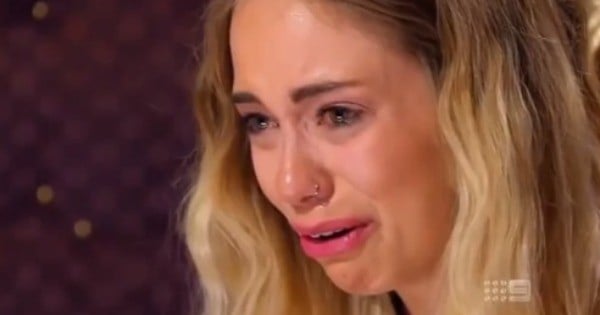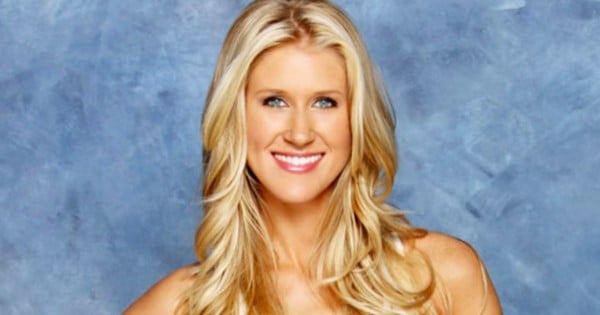
This week, Michelle from Seven Year Switch wrote exclusively for Mamamia about the Post-Natal Depression that plagued her both during the lead up to and at the time of her time in reality TV.
Michelle’s story is a moving account of a mother struggling to come to terms with a mental illness. It’s a vital message to spread to new mothers.
It’s also a cautionary tale about the dangers of reality TV.
We hear it all the time: what TV crews are looking for are characters. When casting for reality TV, their goal is to combine as many big, wild, unpredictable personalities as possible in the hope that the contestants in question might react spectacularly under the pressure of cameras.
The people producers want for shows like The Bachelor, Seven Year Switch, My Kitchen Rules and First Dates are outrageous and volatile. They say and do things the viewer sitting at home can’t imagine saying or doing, let alone on television.
We laugh and call these people “crazy” from our lounge rooms, but the jokes of the audience too often touch on a dark truth: the most popular contestants on reality TV are often those with underlying mental illnesses.
































































































